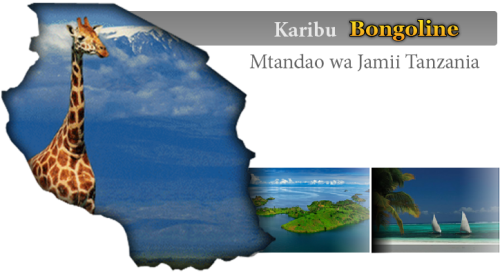Too many social networks in Africa…
Can a uniquely African social network instigate revolution with the zeal of a Facebook or Twitter? The challenges facing African social networks stem more a lack of planning and focus than from a lack of technology.
As of January 2011, one source puts the number of African Facebook users at 23.7 million, and another estimated 17.6 million as of August 2010. In 2009, the number of Africans using Facebook stood at 10 million. Impresively enough, South Africa’s MXit has nearly 30 million users, but has existed since 2003 – before mobile and Internet were widespread.
The number of African social networks has grown rapidly since oAfrica first attempted to create a list in October 2009. Even then, the number of African social networks was impressive, but not yet overwhelming. After all, a lack of Internet access simply did not support social networks outside of North and South Africa until 2008. Two years later, however, the African social network market is saturated with start-ups vying to get involved with the global microblogging craze, even if the product offers nothing unique.
The excitement that produces these sites is encouraging. The fact that these sites exist is a testament to the development skills of Africans. But, do Africans:
- need African umbrella sites rather than country-specific platforms to encourage social interaction and community progress?
- have the means to access non-mobile social networks?
- care about social sites that aren’t Twitter or Facebook?
The answers to these three questions are becoming clearer with each day – a successful African social network will be targeted to a specific nation (preferably even a specific region or ethnic group), will have a mobile platform (preferably with a mobile app), and will integrate with larger global social networks. Currently, many African social networks share one of these attributes, but not all three. Impressive is the number of African social networks that allow Facebook integration. In fact, Ghanastation and Star53 already connect with Facebook. Bongoline, a network for Tanzanians, can be translated into Swahili, and has the ability to interact with Facebook.

To effectively serve the user, African social networks should be targeted, integrate with other social sites, and highlight simplicity. Tanzania's Bongoline does just this. Click to visit. {Bongoline}
Tobias, over at Kabissa, has monitored the developing African social network scene for the past couple of years. He recent commented on an old Kabissa post, saying:
If we all position our networks as “the” African network then we will just have lots of separate communities (silos) set up by Ghanaians, Nigerians, Kenyans, etc that won’t talk to each other and it will be a big challenge for Africans to effectively participate in them all.
So true. Africans will have to consider niche-building strategies in order to compete with global players who have a leg up in terms of legitimacy and financial backing.
Of course, there is nothing wrong with playing with code if the resources are available. Trial and error are crucial to the advancement of the African tech scene (or any scene for that matter). Entrepreneurs in smaller African nations should explore just the same as developers in Nigeria, Ghana, or Kenya, but should also be wary of what works for these nations. For example, a web entrepreneur in Togo would not be wise to create an African social network just because no one from Togo has ever done so. Instead, it would behoove this entrepreneur to examine the elements of a Ghanaian social network, analyze its strengths, and then determine which elements are pertinent for Togo’s culture and level of technological penetration.












 Twitter
Twitter Facebook
Facebook Pinterest
Pinterest